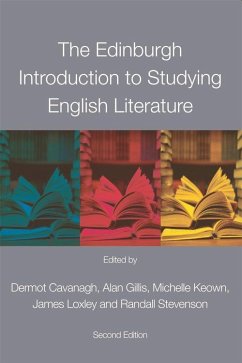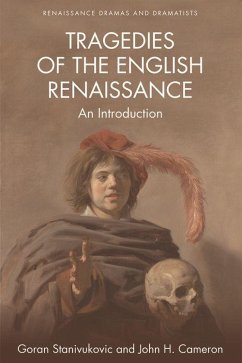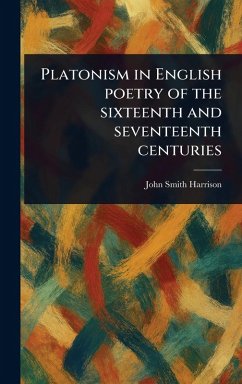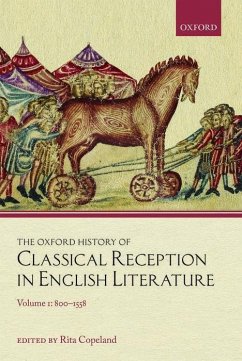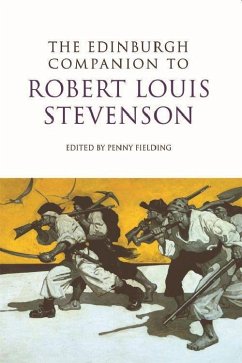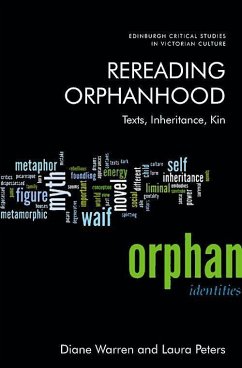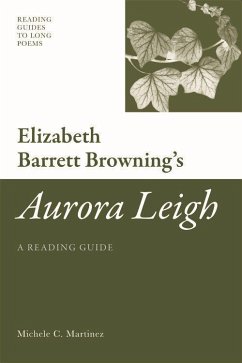
Virgil's English Translators
Civil Wars to Restoration
Versandkostenfrei!
Versandfertig in über 4 Wochen
124,99 €
inkl. MwSt.
Weitere Ausgaben:

PAYBACK Punkte
62 °P sammeln!
Analyses the translations of the Eclogues, Georgics and the Aeneid to reflect the cultural influence of Virgil over the decades of the seventeenth century This book considers the writers who translated Virgil into English during the English civil wars, the Interregnum and the early years of the Stuart Restoration (c. 1636-c. 1661). It argues that these writers translated Virgil in order to display and interrogate their political loyalties, articulate personal responses to past traumas and express their hopes for the country's future. All of Virgil's English translators in this period were in s...
Analyses the translations of the Eclogues, Georgics and the Aeneid to reflect the cultural influence of Virgil over the decades of the seventeenth century This book considers the writers who translated Virgil into English during the English civil wars, the Interregnum and the early years of the Stuart Restoration (c. 1636-c. 1661). It argues that these writers translated Virgil in order to display and interrogate their political loyalties, articulate personal responses to past traumas and express their hopes for the country's future. All of Virgil's English translators in this period were in some way associated with the royalist cause, but the political elements of their respective translations demonstrate that royalism itself was not a monolithic political standpoint and instead encompassed a wide variety of opinions regarding the policy of individual monarchs and the institution of monarchy. Ian Calvert is Lecturer in the Department of English at the University of Bristol.




